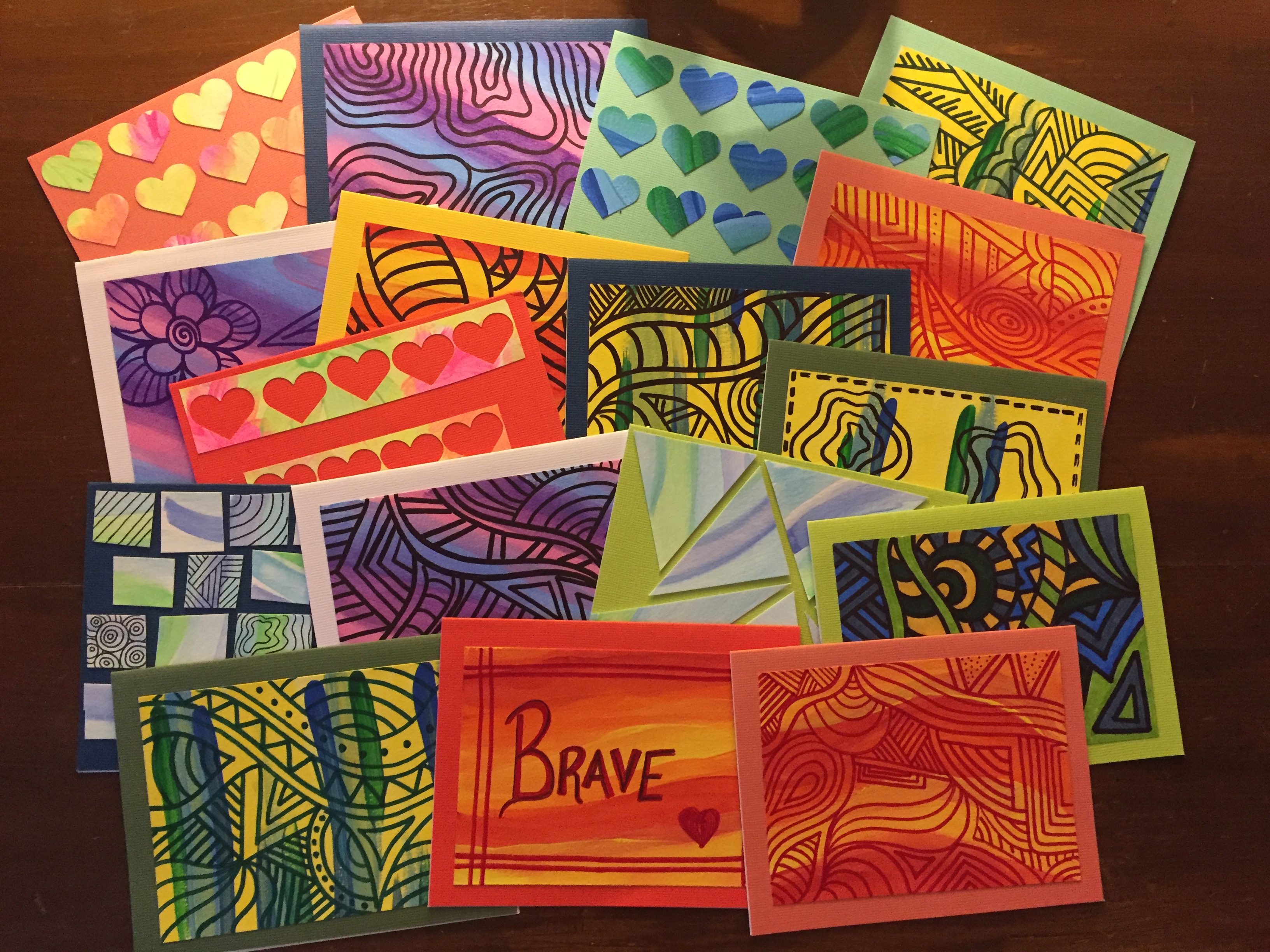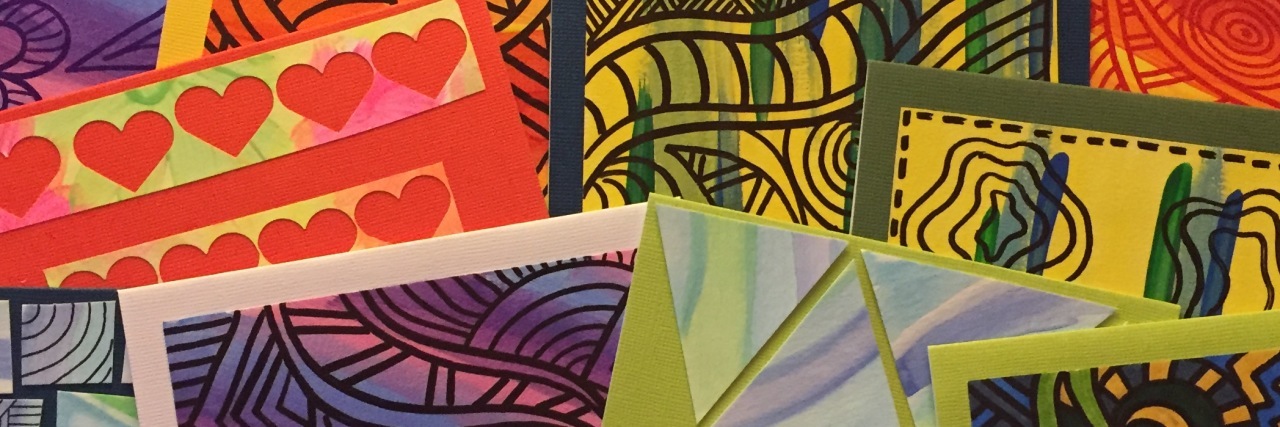1. Find a therapist who specializes in exposure and response prevention (ERP) therapy.
If I could say anything to someone with obsessive-compulsive disorder (OCD) it would be, “ERP! ERP! ERP!” Exposure and response prevention, sometimes in combination with medication and other therapy, is the gold standard treatment for OCD. It involves gradually exposing yourself to your fears, letting your anxiety go up, and waiting for your anxiety to come back down without doing compulsions. You start small and work your way up to harder fears. I’m not going to lie: it is hard, but it works. And once you learn the skills, you can use it for the rest of your life.
To help in your search, the International OCD Foundation (IOCDF) has a resource for finding therapists.
2. Watch this documentary about OCD and ERP.
When I first started figuring out I had OCD, I turned to where mostly everyone turns: the internet. I googled obsessions I was having, rituals I was doing, the International OCD Foundation, lots of personal blogs and ERP. I stumbled across a documentary called “Extreme OCD Camp.” It follows several British young adults as they go to “OCD Camp” and do intensive ERP for a week. In a way, I was lucky I found this documentary. It meant I found ERP early in my search for treatment. It also showed me right from the start I wasn’t alone.
You can watch “Extreme OCD Camp” on YouTube.
3. Try to attend the Annual OCD Conference.
I’m probably biased because I love them, but the International OCD Foundation might be the single greatest resource out there for people with OCD and their loved ones. They have a comprehensive website, blog, social media, annual charity walk, and my favorite: the Annual OCD Conference. At this conference, hundreds of people with OCD, their loved ones, and professionals all come together to attend sessions, discuss research and just bond. It is an indescribable experience. If you can go, go!
In fact, I love the OCD Conference so much I did a spoken word about it: 1 in 100.

4. Request a “Not Alone Note.”
Having OCD can at times feel especially lonely. That’s why my friend Molly and I have a project called Not Alone Notes. We mail handwritten notes to others with OCD for free, with the goals of reminding people they aren’t alone, encouraging hope and dispensing resources. It actually stemmed out of becoming pen pals with several people I had met at the OCD Conference. If you or a loved one has OCD, we would be more than happy to mail you a note!
For more information about the project and to request a note, visit our website: Receive a Not Alone Note.

5. Find others with OCD.
As mentioned, having OCD can be lonely, especially if you don’t know others with the disorder. If you can find a support group in your area, go for it! That’s a great way to meet others and share stories and resources. However, there aren’t support groups everywhere. Fortunately, there is a large online OCD community out there just waiting to welcome you. It is present on Twitter, Facebook, WordPress and Yahoo. All you have to do is search for the accounts, groups, blogs, etc. You are absolutely not alone.
Sending hope and hugs,
Morgan
For even more resources for OCD, visit this resource page.
We want to hear your story. Become a Mighty contributor here.
Images via contributor

